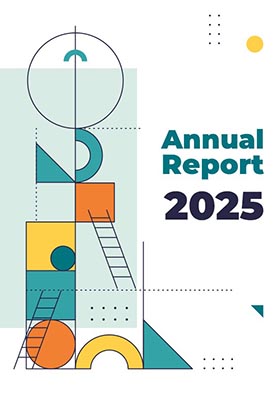Field of Research: Genetics
Name of author) (s): Farid A.W. Ghrayeb
Title of published work: “Consanguineous Marriage and Its Effect on OffspringCongenital Malformation: A Study amongPalestinian Rural Community”
Name of Journal: International Medical Journal
Year: 2016
Volume: 23, No. 4
Pages: 355- 357
Publisher: Japan Health Sciences University& Japan International Cultural Exchange Foundation
Abstract:
It has been estimated that up to 50% of any patient population is at least partially non-adherent to their prescribed treatment. Identifying barriers to adherence is required to develop effective interventions for psychiatric patients. To explore the prevalence and factors of non-adherence among psychiatric patients present at four psychiatric clinics. A cross-sectional questionnaire-based study. A sample of psychiatric patients attending outpatient psychiatric clinics was enrolled between March and April 2011. A total of 243 psychiatric patients took part in this study with the majority of patients (92.5%) being prescribed more than one psychiatric disorder. The majority (64.2%) of the patients was classified as non-adherent according to the Morisky adherence questionnaire and forgetfulness was the most prevalent reason for that. Non-adherence is a common and important issue among psychiatric patients. Polypharmacy, safety concerns and lack of insight towards the prescribed treatment were reported as the main reasons of non-adherence.
Objective: Consanguineous marriage is a long-standing socially accepted practice among Palestinian population. It is proposed that consanguineous marriages increase the risk of congenital malformations and genetic disorders. This study aimed to determine the health consequences of consanguinity on congenital malformations in Yata rural population, Hebron, Palestine. Methods: A cross-sectional household-survey study was conducted on 500 married women. All the women were interviewed personally using a structured questionnaire. A family pedigree was constructed to study the type of consanguineous marriages. Results: The prevalence rate of consanguineous marriages in the present study was 61%, where first-cousin marriages representing 34.8% of all marriages. The genitourinary system was the most common malformation, where was reported by 17.4% of the 305 consanguineous married parents, and 15.2% of the 105 non-consanguineous married parents. The gastrointestinal system defects was the second most affected anatomical system in frequency in 6.2% of the 305 consanguineous married parents, and 13.3% of the 105 non-consanguineous married parents.
Conclusion: The study revealed that consanguinity has adverse health consequences on offspring of consanguineous couples. There is a need for genetic counseling to increase the awareness of the health consequences of consanguineous marriages.
Contact author (s):
Name: FaridAbdulwahabGhrayeb, PhD.
Address: Department of Nursing, Faculty of Health Professions, Al Quds University
E-mail: This email address is being protected from spambots. You need JavaScript enabled to view it.


